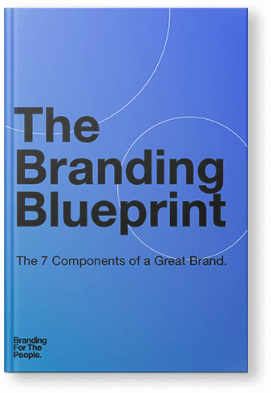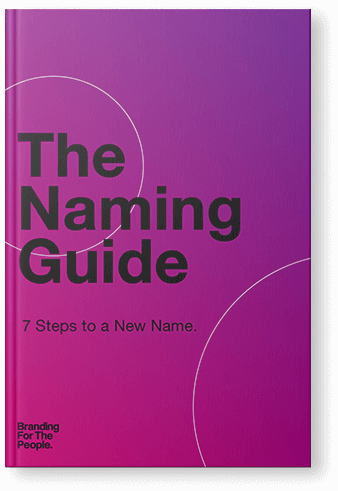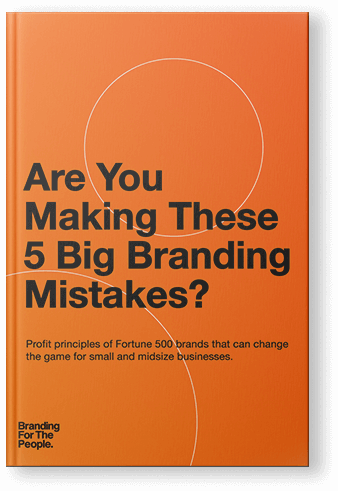If you’re trying to get your name out there, whether it be to promote your business or your blog, you will need to decide between building a personal versus business brand. Both of these choices come with pros and cons, and learning the differences between the two of them might make a world of difference to your project! Read on to learn more.
Personal brands.
A personal brand is built around you as an individual. Your name is the focus, meaning people will associate you, as a person, with your products. Celebrities, authors, and professional speakers frequently use personal brands.
Pros.
If you’re a one-person business, personal branding is a great way to make your services or products more relatable. People will feel more connected to your work, because they will feel as if they know you as a person. Personal brands are also very flexible; if you ever want to change the direction of your project or business, it’s much easier to do with a personal brand. People will understand it as you making an individual choice rather than a business suddenly changing its focus.
Cons.
It can be difficult to scale your personal brand. If you want to expand, you’ll have to find a way to hire people (and all the different ideas they’ll bring to the table) while still maintaining your image as an individual. Similarly, it can be very hard to sell a personal brand, because it won’t make any sense being operated by someone other than you!
Business brands.
A business brand does not have one individual face. Corporations or companies that unite under one logo are considered business brands. If an individual were to start a business brand, it would not use their name, but a company name that either a team or individual would work under.
Pros.
Business brands are often more immune to scandal or criticism. When one member of a company commits an offense, it is much easier to deal with than when a company centered around one individual suddenly has to address that individual’s mistakes. Business brands are also more sustainable. Because they are run by many people, or can be passed on to other people without confusion, business brands tend to be longer-lasting than personal ones.
Cons.
Business branding generally requires more organization. Because what you’re promoting won’t be immediately obvious (compared to a well-known blogger, for example), you’ll have to put more work into raising awareness as to what, exactly, your brand does. You will also have to make decisions like what your company does and who you want your audience to be fairly immediately, and once you’re locked in, it can be difficult to change.







